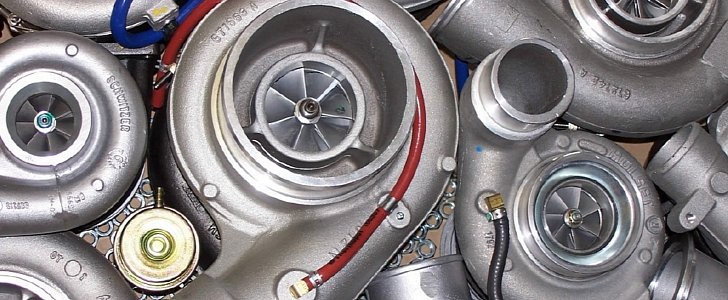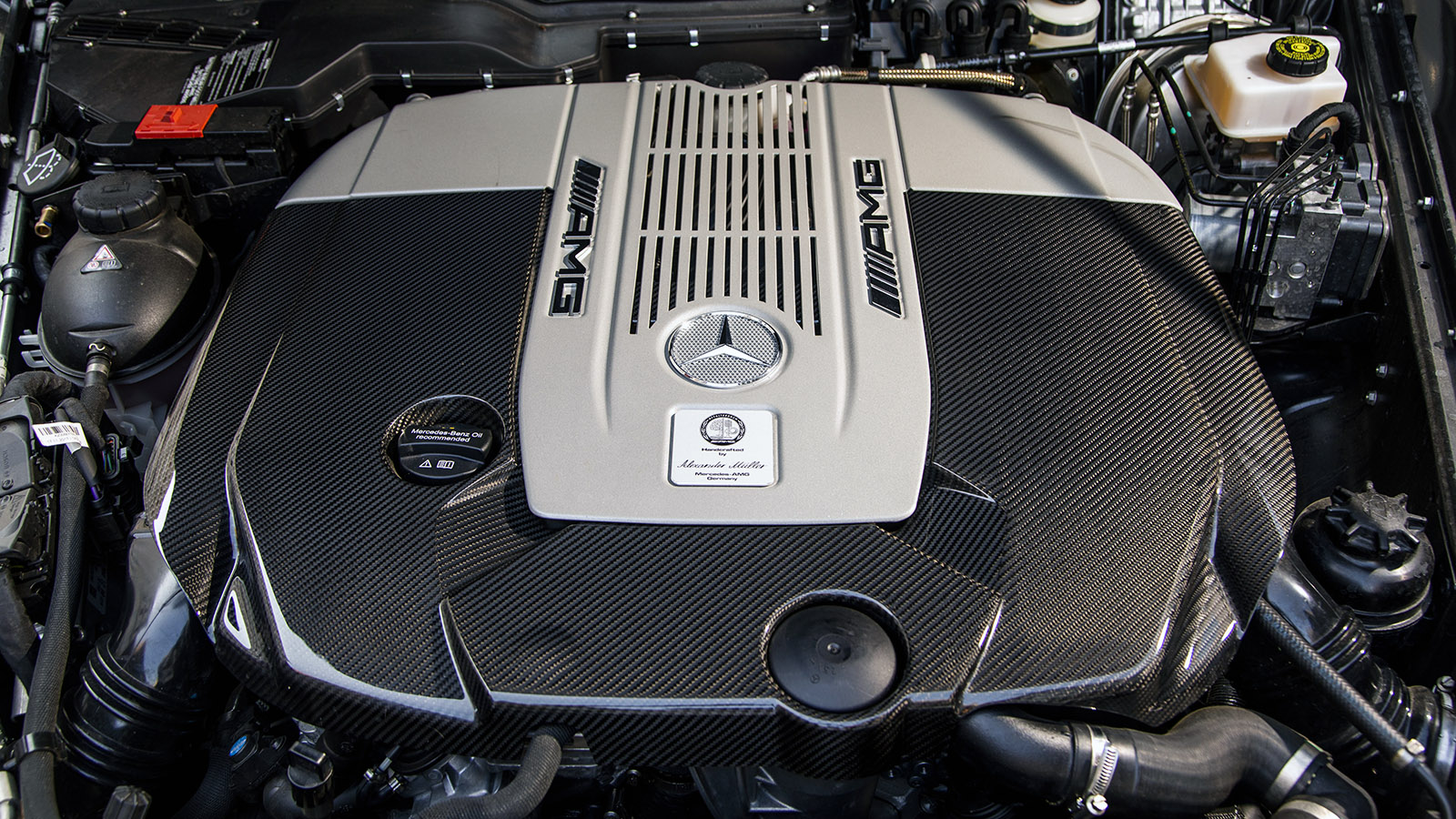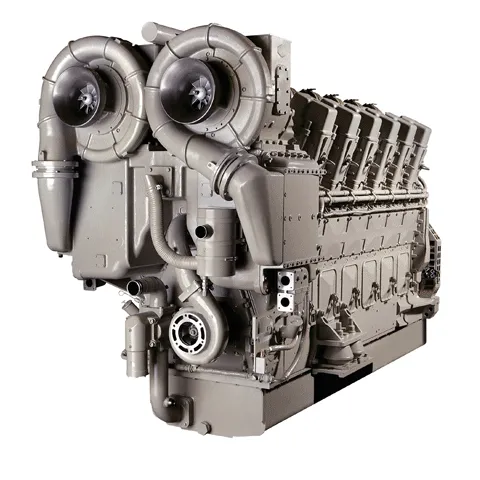Explore a Wide Variety of Engines for each Automobile and Function
The auto landscape is increasingly complex, with a varied range of engine types made to meet specific efficiency and effectiveness needs throughout various automobile categories. From the high-performance engines that power sports automobiles to the fuel-efficient options tailored for day-to-day commuting, the choices are vast and differed. Furthermore, heavy-duty engines serve the needs of work lorries, while environmentally friendly alternatives are acquiring grip in the search of lasting transport. Understanding these distinctions is crucial for making educated choices, specifically as emerging technologies continue to form the future of auto design. What ramifications might these innovations hold for makers and consumers alike?
Sorts Of Automotive Engines
Automotive engines can be categorized into several distinct types, each made to satisfy particular efficiency and performance needs. The most usual classifications consist of inner burning engines, electric engines, and crossbreed systems.

Electric engines, on the other hand, run on electric power saved in batteries, giving instantaneous torque and no exhausts. These engines are becoming significantly preferred because of advancements in battery technology and the growing emphasis on sustainability.
Hybrid systems incorporate both internal burning and electrical engines, allowing lorries to enhance fuel effectiveness and lower exhausts by perfectly switching over in between source of power. Each engine kind provides its disadvantages and advantages, affecting aspects such as automobile style, meant usage, and market demand. When picking the proper engine for their certain demands., understanding these distinctions is crucial for makers and consumers alike.
Efficiency Engines for Sports Cars
Efficiency engines for cars are especially engineered to deliver enhanced agility, speed, and power, setting them aside from typical auto engines. These engines commonly use sophisticated modern technologies such as turbocharging, supercharging, and variable shutoff timing to make best use of efficiency and responsiveness.
Generally, efficiency engines are made with higher compression ratios, which permit greater energy extraction from gas. This causes impressive horse power and torque figures, enabling rapid velocity and greater full throttle. Additionally, the lightweight materials used in these engines, such as aluminum and carbon fiber, add to lowered total automobile weight, improving handling and maneuverability.
Engine setups like V6, V8, and even hybrid systems are typical in efficiency cars, each offering distinct advantages in regards to power delivery and driving dynamics. The adjusting of these engines is likewise essential; numerous makers enhance the engine monitoring systems to give an exciting driving experience, frequently including sporting activity modes that adjust throttle response and gear changes.
Efficient Engines for Daily Commuters
In the world of daily commuting, reliable engines play a critical role in optimizing fuel economic climate and reducing discharges while giving reliable performance. As city populaces grow and environmental problems magnify, the demand for automobiles furnished with reliable powertrains has actually risen.
Modern engines developed for day-to-day commuters typically incorporate technologies such as turbocharging, direct gas shot, and crossbreed systems. Turbocharging boosts engine efficiency by compeling even more air into the combustion chamber, enabling smaller sized, lighter engines that do not compromise power see this outcome. Direct fuel injection boosts gas atomization, leading to much better combustion and increased effectiveness.
Crossbreed engines, integrating internal burning with electrical power, further boost fuel economic climate, especially in stop-and-go traffic, where conventional engines can experience inadequacies. Electric electric motors help during acceleration and can operate separately at reduced speeds, decreasing general fuel usage.
Moreover, advancements in engine monitoring systems and light-weight materials contribute significantly to reliable engine design. By concentrating on performance, toughness, and environmental sustainability, producers remain to provide engines that not just fulfill the demands of daily commuting however likewise line up with international efforts to lower carbon impacts.
Heavy-Duty Engines for Work Autos
Durable engines for work lorries are routinely engineered to provide exceptional torque and dependability under demanding conditions. These engines are made to do in settings where conventional engines may falter, such as building and construction read what he said sites, logging operations, and farming settings. The primary focus of durable engines is their ability to generate high levels of power while keeping durability over expanded periods of operation.
Commonly, sturdy engines utilize advanced products and durable construction strategies to endure the rigors of hefty work. Functions such as enhanced cylinder blocks, improved air conditioning systems, and progressed gas injection innovations add to their effectiveness. These engines often operate at lower RPMs, which aids to maximize gas effectiveness while offering the essential power for carrying and towing.
Along with mechanical robustness, durable engines are usually equipped with innovative electronic control units (ECUs) that take care of performance, emissions, and diagnostics. This integration permits far better surveillance and upkeep, making certain that job lorries remain effective and functional.
Inevitably, sturdy engines are a crucial component in the performance of different markets, offering the necessary power and integrity to tackle the hardest of tasks.
Eco-Friendly Engine Options
The expanding emphasis on sustainability has caused the advancement of environmentally friendly engine alternatives that prioritize reduced emissions and boosted gas performance. These engines are made to reduce the ecological effect of vehicles while still providing the performance and dependability expected by consumers.
Among one of the most notable green options are hybrid and electric engines. Crossbreed engines combine typical inner combustion engines with electrical propulsion, permitting for reduced fuel usage and reduced greenhouse gas emissions. Electric engines, on the other hand, operate entirely on battery power, creating absolutely no tailpipe exhausts and adding to cleaner air top quality.
One more appealing growth is the improvement of biofuel engines, which use sustainable resources, such as plant materials, to power lorries (Engines For Africa). By using biofuels, these engines can reduce dependence on nonrenewable fuel sources and reduced overall carbon footprints

As the vehicle market advances, green engine alternatives will play an important function in driving the change in the direction of more sustainable transport options.
Final Thought
From high-performance engines that enhance sporting activities vehicle abilities to effective versions prioritizing gas economy for daily travelers, each type offers a certain feature. Sturdy engines provide to durable work lorries, while green choices, such as electrical and biofuel engines, promote sustainable transportation.
